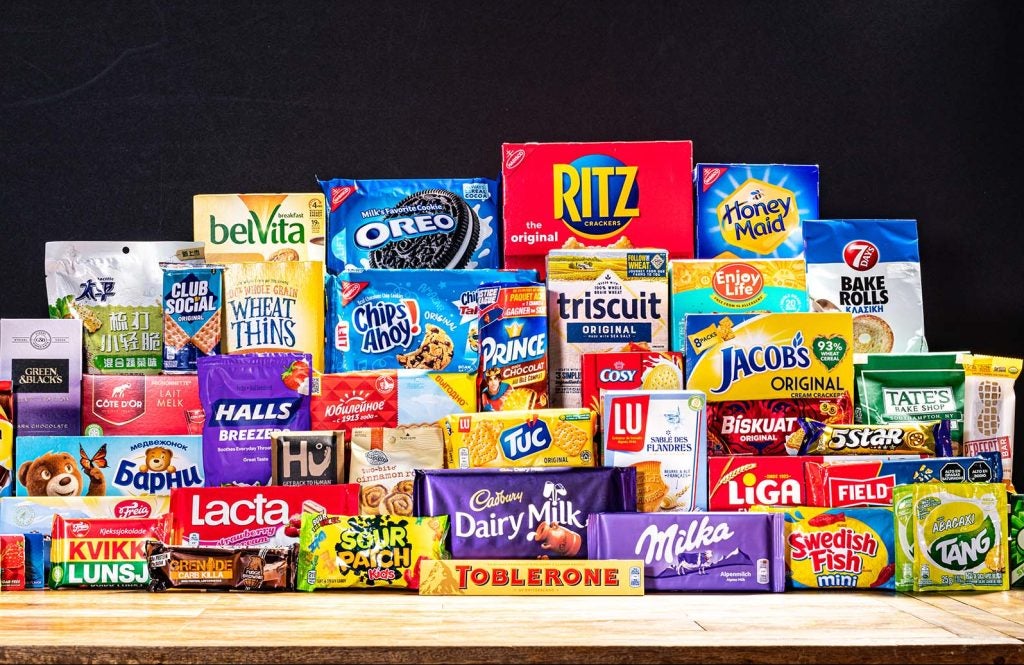Nestlé has outlined plans to lay off more than 70 staff at a campus site in the US.
According to a filing with Ohio’s state government, some 77 workers in Solon in Ohio will lose their jobs between December and August next year.
Just Food asked Nestlé for details on the jobs affected and the reasons for the move.
The world’s largest food maker said: “As we set ourselves up to best serve our consumers now and for the future, we must stay ahead of the changing market and consumer trends. We are making changes to some of our Solon teams, which unfortunately results in the elimination of certain positions. We are committed to supporting all people impacted throughout this transition. Solon continues to be an important hub for many of our US businesses.”
The US is Nestlé’s largest market by annual sales. In 2022, the company generated SFr30.31bn ($33.73bn) in sales in the country, up 15.4% on a year earlier (10.4% higher when measured in US dollars).
According to Nestlé’s latest annual report, the Swiss group has 55 factories in the US spanning beverages, milk products, ice cream, prepared dishes, cooking aids, pet food and the company’s nutrition and health science businesses.
In May, Nestlé said it would close two facilities in the US that are part of its Nestlé Health Science business. The company said it wanted to “increase efficiency”.
Last month, the group said it would cut 90 jobs at a facility in Switzerland as it “realigns” to producing two food brands. Nestlé also plans to shut an infant-formula site in Ireland.
However, so far this year, the company has invested in production in markets including Hungary, Italy and Egypt.
Three weeks ago, Nestlé reported sales of SFr68.8bn for the first nine months of 2023, a 0.4% decline in reported terms but up 7.8% on an organic basis. RIG was a negative 0.6% based on pricing of 8.4%.
The closely watched measure of real internal growth (RIG), which strips out the effect of pricing from organic growth to reflect changes in volumes, fell 0.6%.
In North America, Nestlé booked an 8% rise in sales on an organic basis but RIG was down 0.9%, in part due to the company’s decision to quit Canada’s frozen-food market.
















